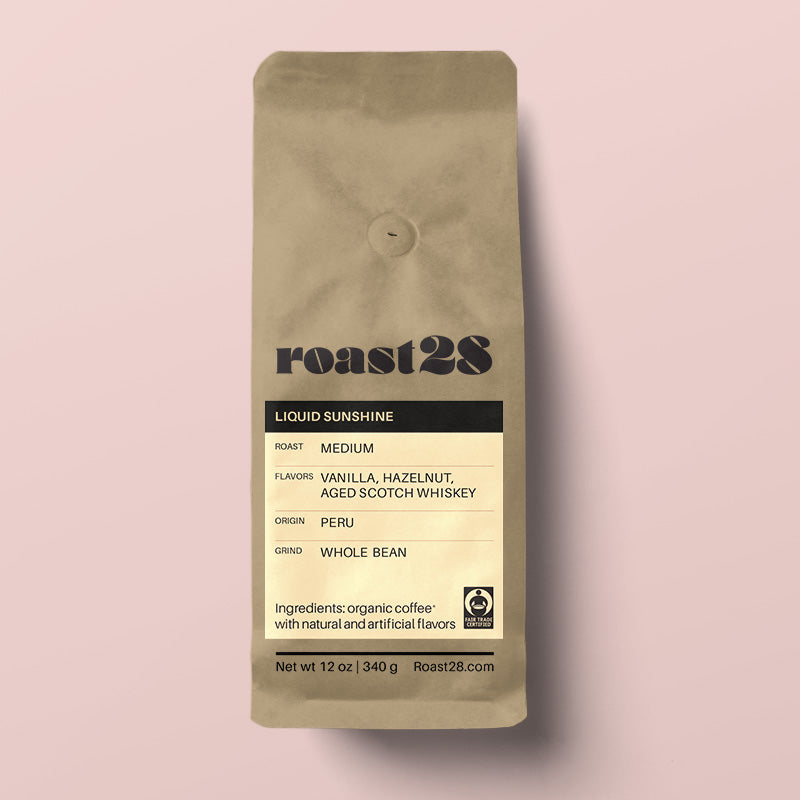Consumer awareness and demand significantly impact ethical coffee trends, driving preferences for certifications like Fair Trade and USDA Organic certified beans. Look for these certifications to ensure farmers receive fair wages and uphold stringent USDA Organic standards for eco-friendly coffee options. By educating yourself about ethically produced coffee, you ensure higher quality in your cup and contribute to a healthier ecosystem for our planet and global community.

How consumer awareness affects demand
The demand for Fair Trade and Organic coffee reflects consumers' growing concerns about sustainability and social responsibility. These certifications not only guarantee ethical practices but also support communities by ensuring fair wages and promoting environmentally sustainable farming methods. Consumers increasingly seek certifications like Fair Trade, Rainforest Alliance, or Organic labels. These certifications assure consumers that the coffee they purchase meets certain ethical standards, such as fair wages for farmers, environmentally friendly farming practices, and sustainable sourcing.

Transparency and accountability
Coffee companies responding to consumer demand often showcase their Fair Trade commitment and adherence to USDA Organic standards. This transparency reassures consumers about the ethical sourcing practices behind their dark roast coffee purchases. Heightened consumer awareness about issues like child labor, environmental impact, and fair wages exerts pressure on coffee supply chains to adopt more ethical practices. Companies responding to consumer demand may implement policies that support sustainable and ethical sourcing to maintain consumer trust and loyalty.

Educational campaigns
Educational campaigns by NGOs and ethical certification bodies play a crucial role in raising consumer awareness about the importance of choosing Fair Trade and USDA Organic certified beans. These campaigns highlight the positive impact on farmers and the environment, influencing consumer choices towards ethical coffee options. For instance, the Rainforest Alliance conducts educational campaigns highlighting the benefits of choosing Fair Trade and USDA Organic certified beans. Through workshops and online resources, they educate consumers on sustainable farming practices and the positive impact on farmers' livelihoods and ecosystems. These efforts empower consumers to make informed choices that support ethical coffee production and environmental conservation.

Meeting consumer expectations
In the competitive coffee market, companies embracing Fair Trade and USDA Organic standards gain a market edge by meeting consumer expectations for transparency and ethical sourcing. This market influence encourages broader adoption of ethical practices across the coffee industry, benefiting both consumers and coffee-producing communities. It also meets consumer demands for transparency and ethical sourcing while distinguishing itself from competitors who may not prioritize these standards.

Committing to ethical coffee trends
As consumer demand for ethical products grows, it creates a more competitive market environment. Coffee companies that demonstrate a commitment to ethical practices often attract more consumers and gain a competitive edge over those that do not prioritize ethical considerations. As part of our values to "facilitate relationships", Roast28 provides specialty coffee that is both Fair Trade and USDA Organic certified. We feel this commitment to quality is supportive of the efforts of both organizations and contributes to higher-quality coffee and better farming conditions.




